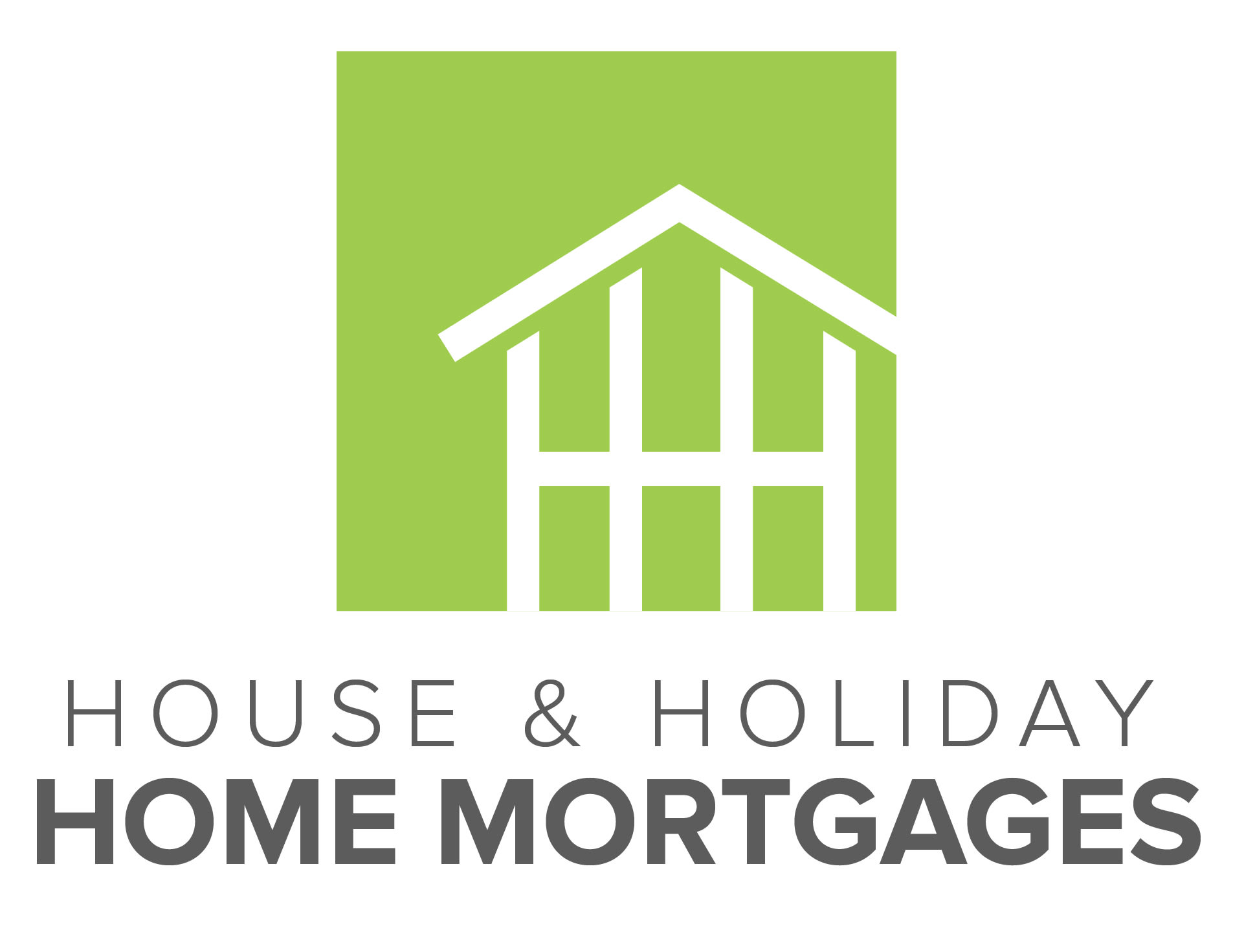Mortgage Q&A: Vacation housing

“I would like to buy a holiday let to let but don’t where to start...“
No doubt as families gathered together over the holiday period plans were hatched and holidaying ideas muted. Drones, real or not, appearing over airport airspace and concern over our future relationships with European countries may well be encouraging people to think that buying and staying in good old Blighty is not such a bad idea.
But is it easy to buy a Holiday Let? Do I need to be earning a large sum of money? Surely it’s just a Buy to let home wearing different trousers?
So, let us bust some myths and get some facts on paper.
The obvious one to kick off. Any property purchase will mean a fairly substantial investment in time and money initially and over a long period property investment has for many proved a good investment but there were, are and will be property price blips and checks over a time. But let’s move on.
Here are some questions I regularly get asked:
How do I do know how much a lender will lend on a holiday let?
You need to expect to have a 30% deposit on the Purchase Price.
As an example, to borrow £200,000 you will need a gross income of £16,000 from the let property per annum or £1,333 a month.
Most holiday letting lenders use an average of high, mid and low season rents over a 30-week period to come up with a figure. So, let’s say that your target property rents at £1,000 a week in the high season, £800 a week mid-season and £600 a week low-season. We can assume 30 weeks of £800 a week. That is £24,000 a year and importantly more than £16,000 required. Hurdle no 1 overcome!
Do I need to be earning from another income source?
Basically, yes! In most cases, a minimum income of £20,000 sole income or £30,000 joint income is needed.
What is the difference between a holiday home and holiday let?
A holiday home will be used by you and your family and friends mainly and rental income will not be considered. The latter is treated as a commercial enterprise and it's all about the rental earnings that are feasible.
Can I use my holiday let for our holiday and visits?
Yes of course. Your obligation is to pay back monthly the required mortgage payment to the lender. Most holiday let owners use their investment out of season. It’s a good time to do those much-needed repairs and maintenance.
“Will I pay extra stamp duty tax on this purchase?"
Yes, if you already own a property in the UK.
Are there tax reliefs attached to owning a holiday let?
Simple answer, probably. But do check with a property tax expert. The nice payroll accountant you know down the pub is probably not the right person to approach.
I am a first-time buyer, will I get a mortgage on a holiday let?
In all honesty, probably not. I am seeing an increasing number of lenders come into this space from the 4 that I worked with 3-years ago. Criteria requirements will change as competition gets more intense but lenders will remain cautious overall.
What do I need to consider?
Many people I speak to try buy properties they like, not properties that will rent well and without hassle.
So, a property with no parking but you happen to like the decor might not be the answer. Use the advice of a holiday letting agent; they book holidaymakers in week after week and they know the properties that will work. There can be a fundamental difference between a house to let and a home you want to retire to.
You will need to get the property managed and cleaned for constant, regular changeovers. Your tenants are not buy-to-let customers who will give you no trouble for 6-months or a year at a time. These customers want their holiday to be trouble free and luxurious so there is work to be done and management costs to pay but they should be well worth it when you review your annual return.
For more information and advice, contact one of our expert mortgage advisors. You can give us a call on 01453 887179 or email us at hello@hhhmortgages.com.

